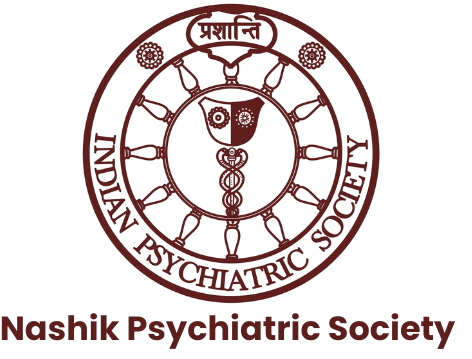Electroconvulsive Therapy (ECT): Beyond the Fear of “Shock Treatment”
The phrase “shock treatment” has long carried negative associations. Films and media portrayals have created an image of pain, fear, and punishment. In reality, modern Electroconvulsive Therapy (ECT) is one of the most effective and safest treatments available in psychiatry today.
ECT is recommended in situations— for example severe depression with suicidal thoughts, psychotic states where the person has stopped eating or communicating, or bipolar disorder with uncontrollable aggression. In such conditions, waiting weeks for medicines to work can be life threatening. ECT provides faster improvement, sometimes within days, and can even save lives.
The procedure is highly controlled and takes place in a hospital under specialist supervision. Patients receive short-acting anesthesia and muscle relaxants, ensuring they are completely unconscious and comfortable. A small, regulated electrical current is then applied to the brain to produce a brief, controlled seizure lasting less than a minute. The patient feels no pain and has no memory of the procedure. The entire process lasts only a few minutes, after which the patient wakes up safely.
Modern ECT is safe and effective. Temporary side effects such as headache, body ache, or short-term memory problems may occur but generally settle within days. Serious complications are very rare. ECT is often tolerated well by older adults and even by those with medical illnesses, making it a versatile treatment option. Crucially, India’s Mental Healthcare Act (2017) mandates that ECT can be administered only with informed consent, ensuring that patient rights and dignity are fully respected.
Families often observe meaningful changes within a few sessions: a withdrawn patient may begin talking again, someone refusing food may start eating, and mood and sleep may improve rapidly. For many, this brings new hope after months of distress.
ECT is not punishment, not proof of “madness,” and not a measure of last resort. It is a medical treatment, backed by decades of research and clinical experience. By dispelling outdated myths and presenting the facts, families can make informed choices without fear or hesitation.
Electroconvulsive Therapy remains one of the most effective tools in psychiatry, offering rapid relief when time is critical. With modern techniques, strict safety standards, and respect for patient consent, ECT restores not only health but also dignity and hope. Understanding its true role allows us to see it not as a source of fear, but as a pathway to recovery..

